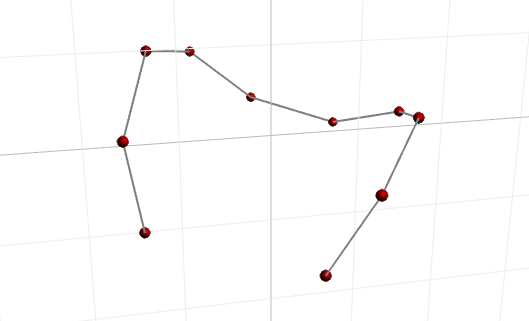|
|
9年前 | |
|---|---|---|
| abp | 9年前 | |
| bin | 9年前 | |
| doc | 9年前 | |
| examples | 9年前 | |
| tests | 9年前 | |
| .bumpversion.cfg | 9年前 | |
| .gitignore | 9年前 | |
| MANIFEST.in | 9年前 | |
| README.md | 9年前 | |
| TODO.mkd | 9年前 | |
| makefile | 9年前 | |
| setup.py | 9年前 | |
README.md
abp
Python port of Anders and Briegel’ s method for fast simulation of Clifford circuits. You can read the full documentation here.
Installation
Install with pip:
$ pip install --user abp
Or clone and install:
$ git clone https://github.com/peteshadbolt/abp.git
$ python setup.py install --user
Visualization
abp comes with a tool to visualize graph states in a WebGL compatible web browser (Chrome, Firefox, Safari etc). It uses a client-server architecture.
First, run abpserver in a terminal:
$ abpserver
Listening on port 5000 for clients..
Then browse to http://localhost:5001/ (in some circumstances abp will automatically pop a browser window).
Now, in another terminal, use abp.fancy.GraphState to run a Clifford circuit:
>>> from abp.fancy import GraphState
>>> g = GraphState(range(10))
>>> for i in range(10):
... g.act_hadamard(i)
...
>>> g.update()
>>> for i in range(9):
... g.act_cz(i, i+1)
...
>>> g.update()
And you should see a visualization of the state:
Testing
abp has a bunch of tests. You can run them all with nose:
$ nosetests
53 tests run in 39.5 seconds (53 tests passed)
Currently I use some reference implementations of CHP and graphsim which you won't have installed, hence some tests will fail with ImportErrors. You can ignore those.


